25-step music production process checklist and video workshop >>>
Want to Know How to Understand Music Better? Follow These 11 Easy Steps Now!
Learning how to understand music better is vital when you begin your music production journey, especially if you don't play an instrument or have some form of musical training.
As an aspiring producer you need to understand not only the theoretical musical aspects but also the technical aspects of music.
In this post below you'll learn various ways to improve your understanding of music so you can become a better music producer, faster.

Why Do We Need to Understand Music?
Music producers, as you can imagine, must absolutely learn how to understand music because the better your understanding of music, the more you'll be able to apply your understanding when you actually produce music.
Now, this doesn't mean you need to finish the highest grades in classical music theory or understand all the deep technical concepts of sound engineering just to be able to produce a track. A little bit of understanding can go a long way!
Let's take a look now at some easy ways you can use to learn how to understand music better...
How to Understand Music Better - The Steps:
1. Learn Basic Music Theory & Composition
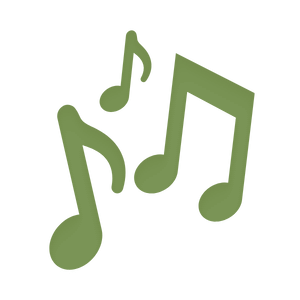
It's a fact...
... that a lot of the greatest pop hits were written, played and recorded by artists who didn't know music theory.
Many artists, including big names like the Beatles, simply learned to play their instruments by watching others do it. They learned songwriting by listening to music and simple trial and error.
That said, learning a basic musical vocabulary will help you understand music better much faster because you can use it to speed up the learning process and also communicate better about music.
This post gives you a good overview of the basics of music theory you need to get started.
If you want a faster and more interactive way of learning the basics of music theory and composition then I suggest you take a look at Hooktheory and also Building Blocks. Both these applications are great for learning musical theory but each does so in a slightly different way.
2. Train Your Ears & Brain
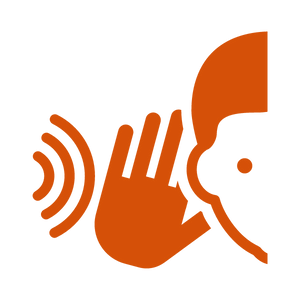
A huge part of learning how to understand music better is about being able to listen and refer to specific aspects within a musical piece or recording.
To do the above well you need to create a framework of reference in your brain that connects what you hear with the terms and concepts used to describe it.
Training yourself to notice different intervals, chord progressions and also technical aspects of musical recordings and performances will help you accelerate your understanding of music faster than anything.
Check out this previous post about interval ear training and also this post about frequency ear training to get started.
You may also find this ear training technique helpful.
3. Learn Critical Listening
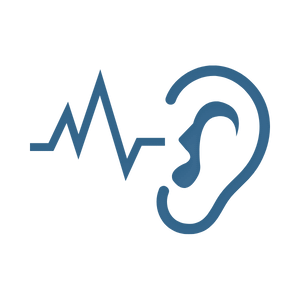
Critical listening is about learning how to hear the technical aspects of a track.
These aspects include things like the dynamic range, frequency response and tonal aspects in records.
Ear training will in itself go a long way in teaching you how to listen critically but you can also learn a lot by listening to tracks and making notes about what you hear.
4. Learn Analytical Listening
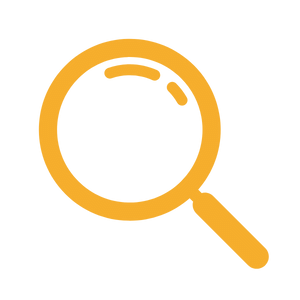
While critical listening focuses on technical aspects, analytical listening is more about analysing the musical aspects and devices used in a piece of music and the feelings it creates.
Why is it that a certain track makes people want to dance? Why do we tend to feel happy when we listen to this track and sad when we listen to another? Which specific elements in a track create the mood or feeling in the listener? These are the types of questions you want to answer when you listen analytically.
Check out this great video on the Make Pop Music Youtube channel where you can see how to analyse and reverse-engineer a track inside a Digital Audio Workstation.
5. Learn How to Play an Instrument

Yes, I said it!
Learning how to play piano or guitar or any other instrument will teach you how to understand music better very fast.
I know, it's not easy but it's well worth the time and effort if you're serious about understanding the ins and outs of music in a practical way.
Enough said.
6. Read Books, Blogs & Articles About Music
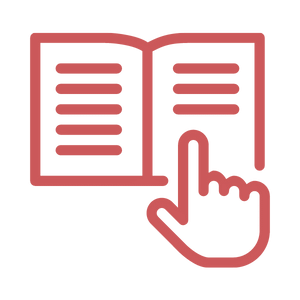
Look, it's not rocket surgery, ...
... if you want to understand music better then you need to learn more about it.
There are tons of great books, blogs and magazines that you can read to deepen your musical knowledge.
"How Music Works" by David Byrne is a book that immediately springs to mind.
You'll find some top notch sites for music producers here.
7. Watch Videos & Listen to Podcasts About Music

Apart from reading, watching videos and listening to podcasts about music and music production can also help you understand music better.
One of my personal favorite Youtube channels to watch is Rick Beato's because not only does he have his music theory down but he also comes from a production and engineering POV as well. His "What Makes This Song Great" videos are very enlightening.
You'll find some more great channels listed on the resources page here.
8. Join in Discussions About Music

If you really want to know how to understand music better then often the fastest way is to ask someone who already does. This is where music production forums and sites like Reddit can be extremely helpful.
Check out this list of top music production forums for a start.
9. Listen to a Wide Variety of Music
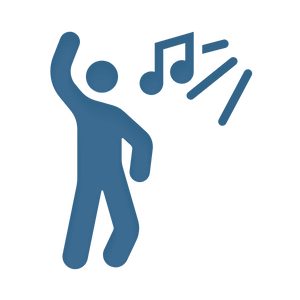
Be genre-fluid!
Yes, listening to a wide range of artists, styles and genres of music is an easy and effective way to learn how to understand music better.
What makes rock, rock, and hip hop, hip hop? What's the difference between deep house and tech house? How does jazz influence pop and vice versa? The answers to these types of questions will skyrocket your understanding of music and how it works.
So, don't stick to one genre or style. The more you listen to, the better!
10. Know Your Music History
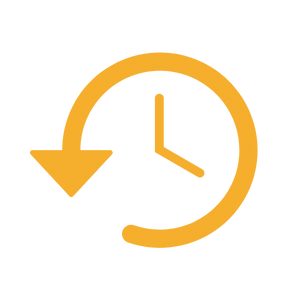
Music is a cannibal of sorts.
Blues is the child of African rhythms and European melodies. Rock and Roll in turn originated to a large degree from Blues. Early Hip Hop drew heavily from Funk, R&B and Soul through sampling.
Dua Lipa's "Love Again" uses a sample of Lew Stone & the Monseigneur Band from 1932 which has also been used in "Your Woman" by White Town in the 90s and "All That Glitters" by Earl in 2017.
Your understanding of music will become even deeper once you start to connect the dots of musical influences through the ages.
You'll be able to then take that knowledge and apply it to your own productions.
This brings us to the final and probably best way to deepen your understanding of how music works...
11. Produce Lots of Music
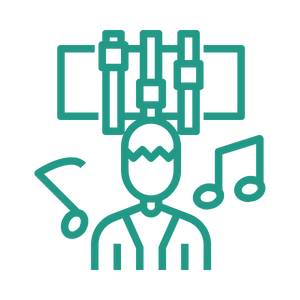
The most powerful way to understand music better is to make it.
The more you produce, the more you learn and the more you learn the more you'll understand about the inner workings of music.
Absolutely nothing can substitute for this type of hands-on experience when it comes to understanding music at a profound level.
How to Understand Music Better - Conclusion:
So, there you have it!
You now know of 11 ways that you can use to improve your understanding of music.
Apply all the techniques you've learned above and before you know it you'll understand music at a world-class expert level.
Be sure to sign up for the Renegade Report if you've found this content helpful and want more.


Learn to understand equalisers and frequencies to supercharge your mixing skills and get results, fast...

New producer? Learn everything you need to produce your first professional track right now...

Would you like to discover the simplest and easiest way to learn music theory as a music producer?
Share this post. Spread the knowledge so other producers can benefit too:
- Renegade Producer
- Become a Music Producer
- Understand Music Better
ⓘ Some pages contain affiliate links so I might earn a commission when you buy through my links. Thanks for your support! Learn more


